This website uses cookies so that we can provide you with the best user experience possible. Cookie information is stored in your browser and performs functions such as recognising you when you return to our website and helping our team to understand which sections of the website you find most interesting and useful.
Oleksiivka
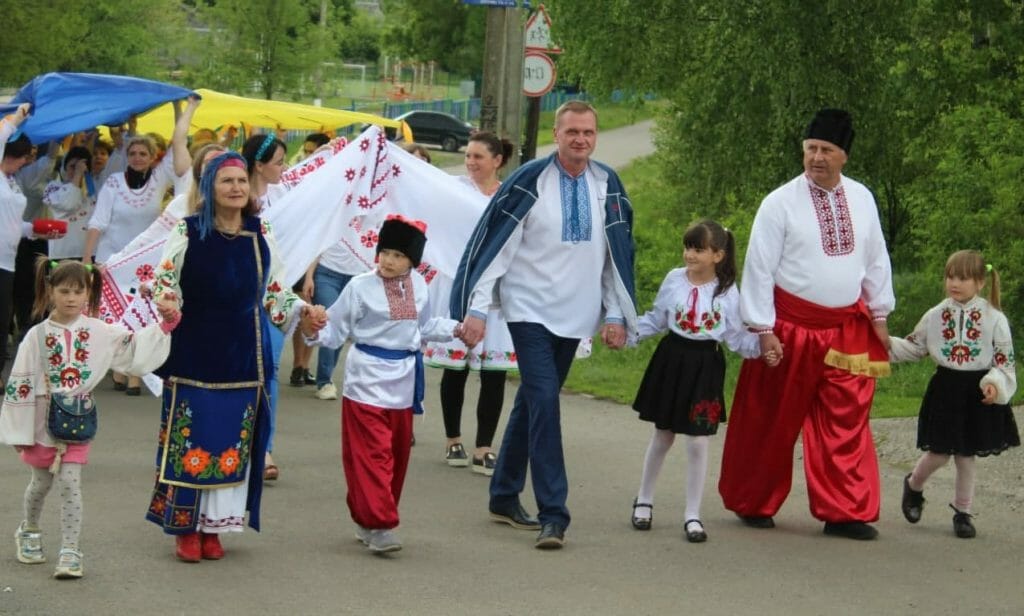
Population: 6,953 people
women – 3,717
men – 3,236
Children under 18: 395
People of retirement age: 1,314
Persons with disabilities: 363, including 30 children with disabilities
Internally displaced persons: 1,630
The Oleksiivka rural territorial community includes the village of Oleksiivka and 8 starosta-headed districts which, in turn, unite 25 settlements. The peculiarity of the Oleksiivka TC is that there is no clearly defined community centre, and all starosta-headed districts are more or less equal. Still, Oleksiivka is the administrative centre of the community.
History
Oleksiivka was founded in 1731 in connection with the construction of a fortress that was part of the Ukrainian defence line. Initially, the fortress was called Beretska, however, it was renamed in honour of St. Oleksiy in 1738.
The fortress is included in the route of the annual Tour De Fort bicycle tour of the fortresses of Slobozhanshchyna.
The Oleksiy Fortress Festival is held on the territory. Within its framework, the community holds exhibitions of craft products and art, Cossack entertainment and heroic games, tasting of Cossack kulish (thick gruel) from the world’s largest cauldron, concert programme of famous Ukrainian bands and ensembles.

The times of World War II were especially tragic for the community. Here, in the local Ephraim Church, the Nazis burned 260 people alive.
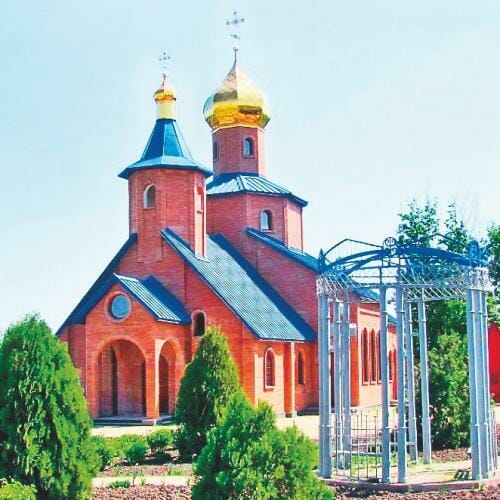
Agriculture
In the Oleksiivka rural territorial community, the agro-industrial sector is represented by agro-enterprises, farms and private peasant households, which are engaged in the cultivation of grain, oil crops, berries, cattle breeding, vegetable growing and beekeeping.
Thus, 20 apiaries (986 beehives) are registered in the community farming enterprises.
The war revealed many risks to the community’s food security. In particular, obtaining seed material was a big challenge in wartime conditions. Also, in order to ensure food security, the community has an urgent need for the construction of a vegetable storage and shops for the primary processing of vegetables, in particular, drying and salting shops.
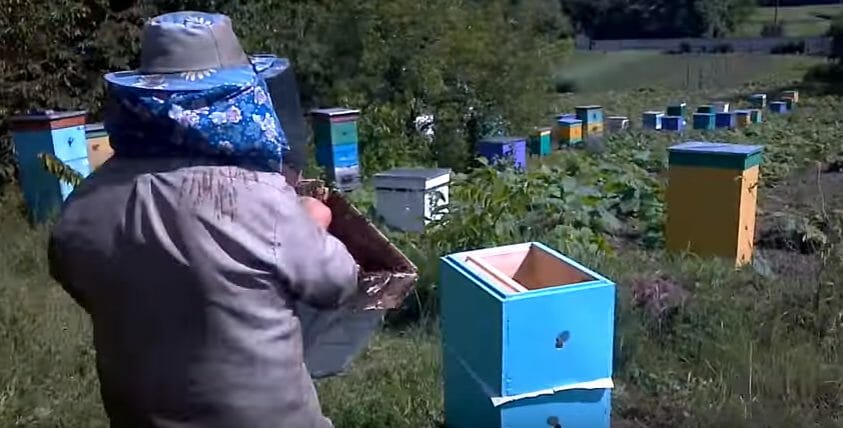

Beekeeping in the Oleksiivka community. Photos provided by the community.
Development of Ecotourism
In order to popularize green tourism and a healthy lifestyle, the community organized the Kolo Lisu eco-festival, which is held in the village of Verkhniy Byshkin. The village is sparsely populated and has only 160 local residents. However, recreation during the festival is extremely active – yoga, gymnastics, vegetarian food from local products, night cinema under the stars, walks in picturesque sites, educational games for children and adults.
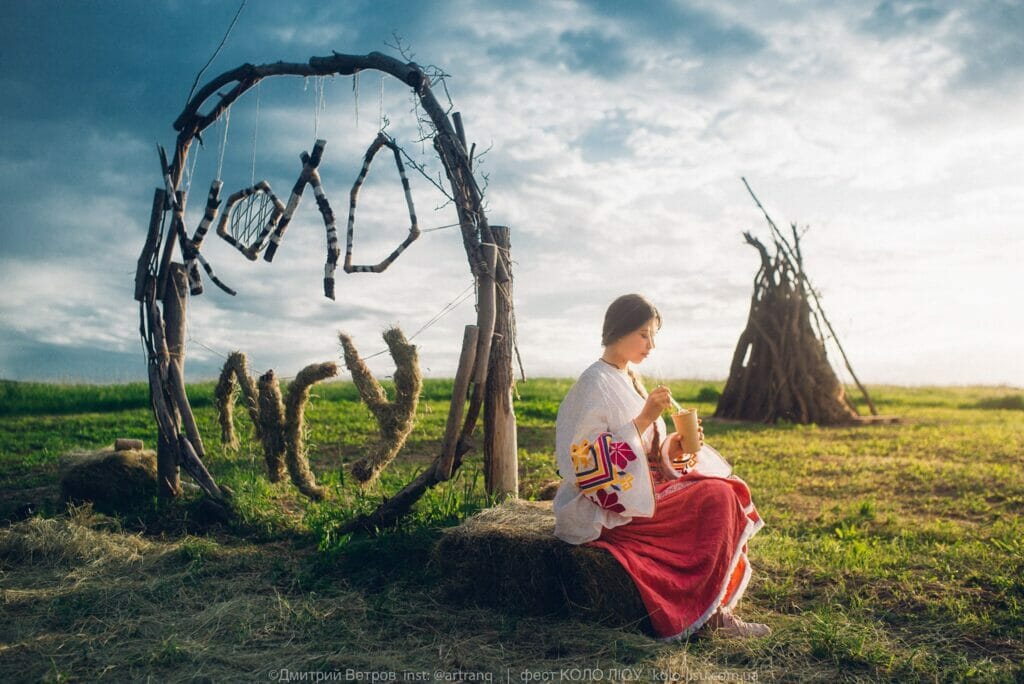
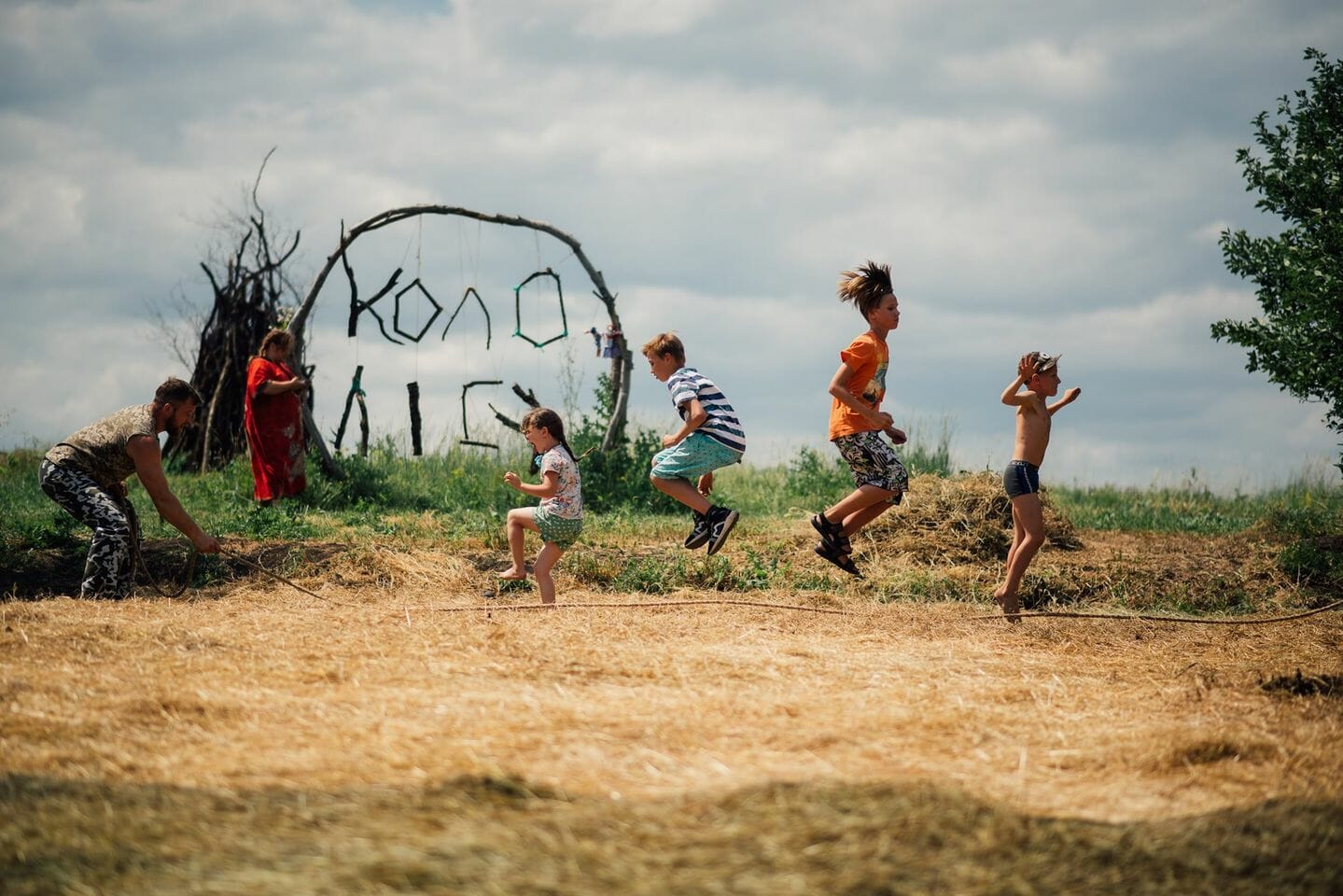
Primary Medicine
The community does not have its own primary care facility, therefore, providing high-quality medical services to the population is a big challenge.
In total, there are 9 paramedic and midwifery stations operating on the territory of the community. Local programmes to support primary medicine are implemented here. In particular, individual entrepreneur doctors are encouraged to work here and are provided with housing, transport and fuel by the community. This form of primary medical care became possible only recently after the medical reform in Ukraine, the main principle of which is that the money follows the patient.
Moreover, doctors who volunteer to work in the community are provided with the available medical equipment free of charge and are let premises for a nominal price.
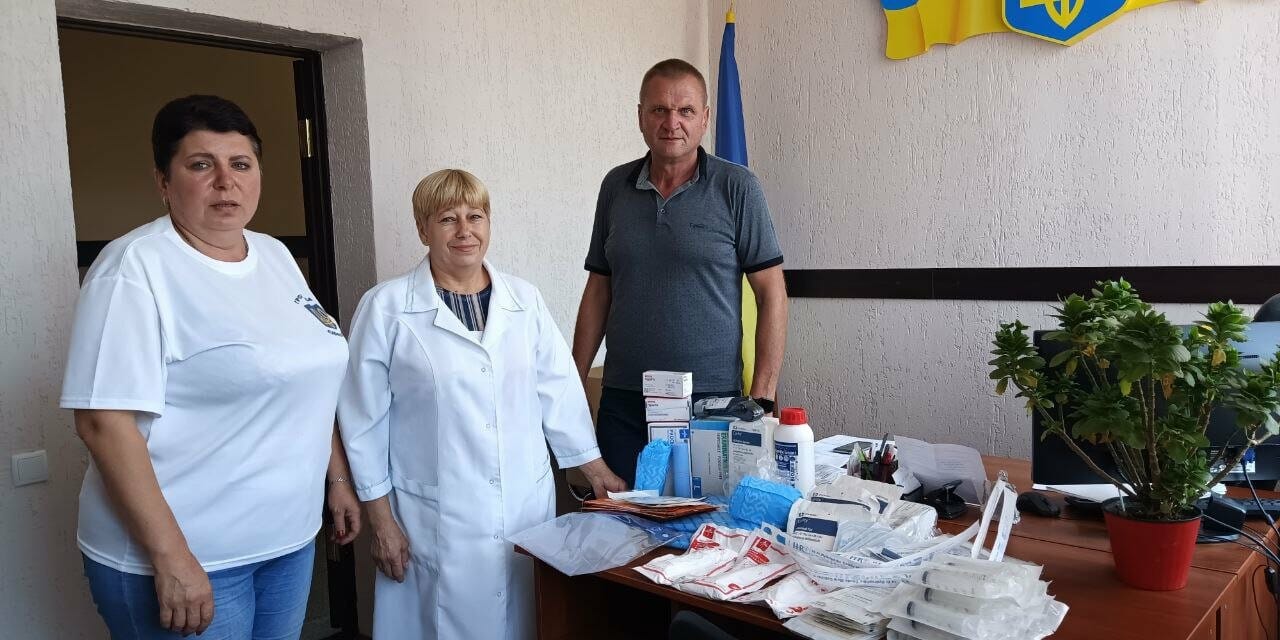
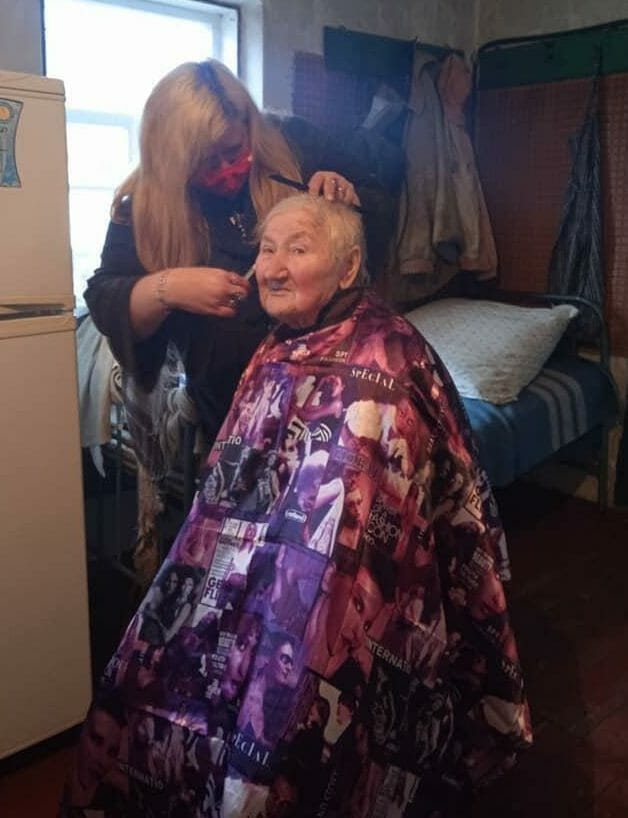
Assistance to Lonely Elderly People and Social Policy
The Centre for the provision of social services operates on the territory of the Oleksiivka community, which, in particular, helps lonely elderly people. Volunteers deliver food kits to those who find themselves without care and in a difficult financial situation, help with cooking and cleaning.
Such social services have become even more relevant in the conditions of Russian military aggression.
Besides, the community has created conditions for palliative care: there is a rental point for rehabilitation equipment, the transportation service Social Taxi and targeted material and monetary assistance are provided. Also, old women can enjoy the services of a social hairdresser.

In general, the community actively implements programmes for social support of the population. Community provides help to combatants, families of fallen servicemen, and long-livers. Also, the village council began to insure children aged 1 to 17 who reside in the community against accidents. The cost of this annual insurance is also covered by the community.
A “social” bus was purchased in the Oleksiivka community at the expense of the local budget. Thus, the transportation is provided free of charge for residents of the privileged category and socially vulnerable groups.


Security
In the conditions of Russian armed aggression against Ukraine, the community acutely feels the need to ensure public order. Recently, a precinct police officer has started working in the community. Also, the community has purchased a police car to protect public order.
Education and Development
On the territory of the community, educational services are provided by 7 institutions of preschool education, 4 institutions of general secondary education – lyceums, and 1 institution of out-of-school education. Also, children can attend groups in 10 cultural centres and 12 libraries.
Several football teams have been created in the community, which have been participating in charity matches and collecting funds to support the Armed Forces of Ukraine since the beginning of the war.
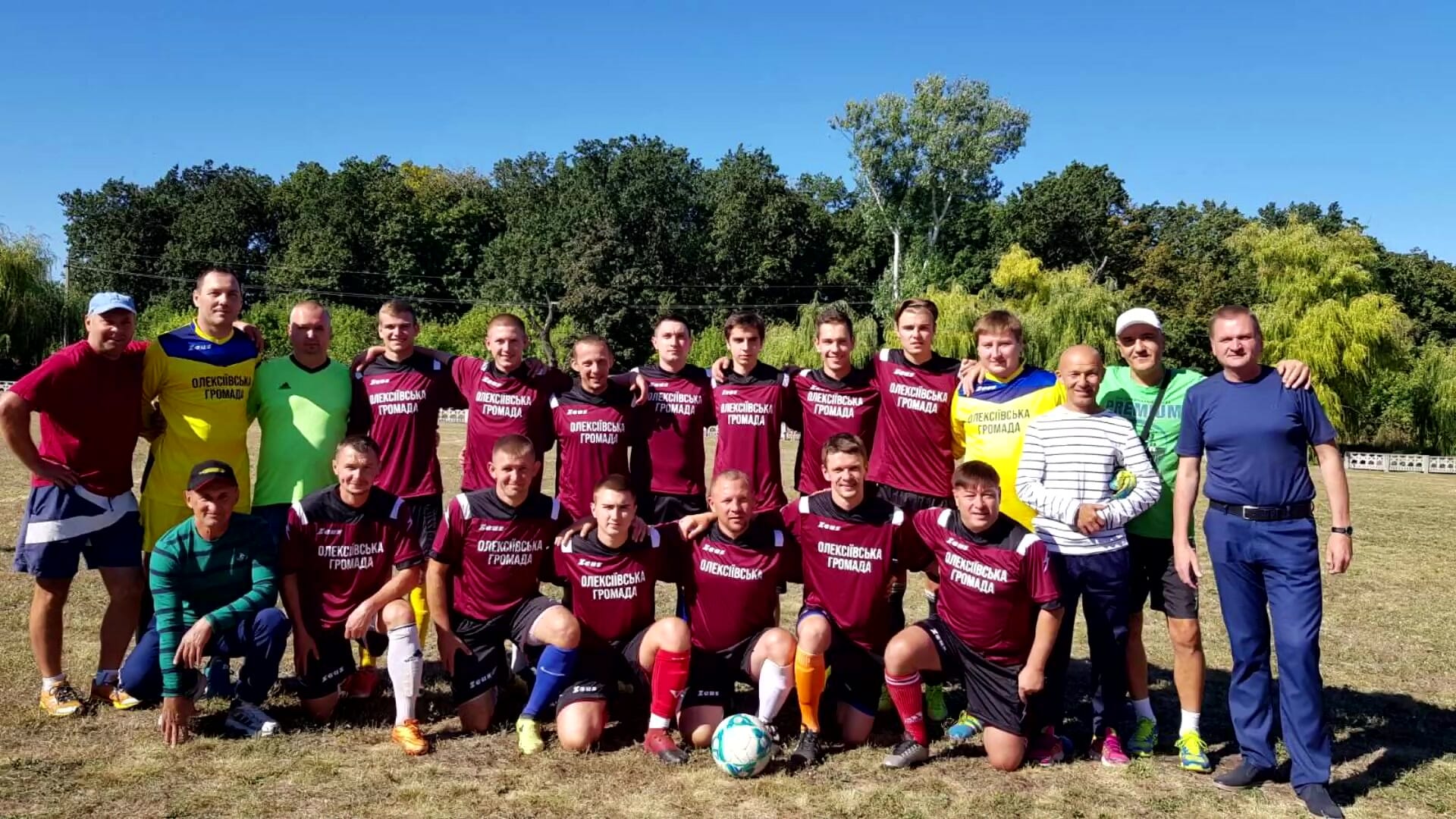
Community and War
Since the beginning of the Russian full-scale military invasion of Ukraine, the Oleksiivka community has repeatedly come under fire. In particular, on March 3, an airstrike in the village of Oleksiivka completely destroyed 4 residential buildings and damaged 21 residential buildings and commercial premises. 1 woman was injured by shrapnel.
On April 18, Russian troops launched another rocket attack on the Kyselivsk starosta-headed district of the community. As a result of the strike, one residential building was damaged. Fortunately, there were no victims then.
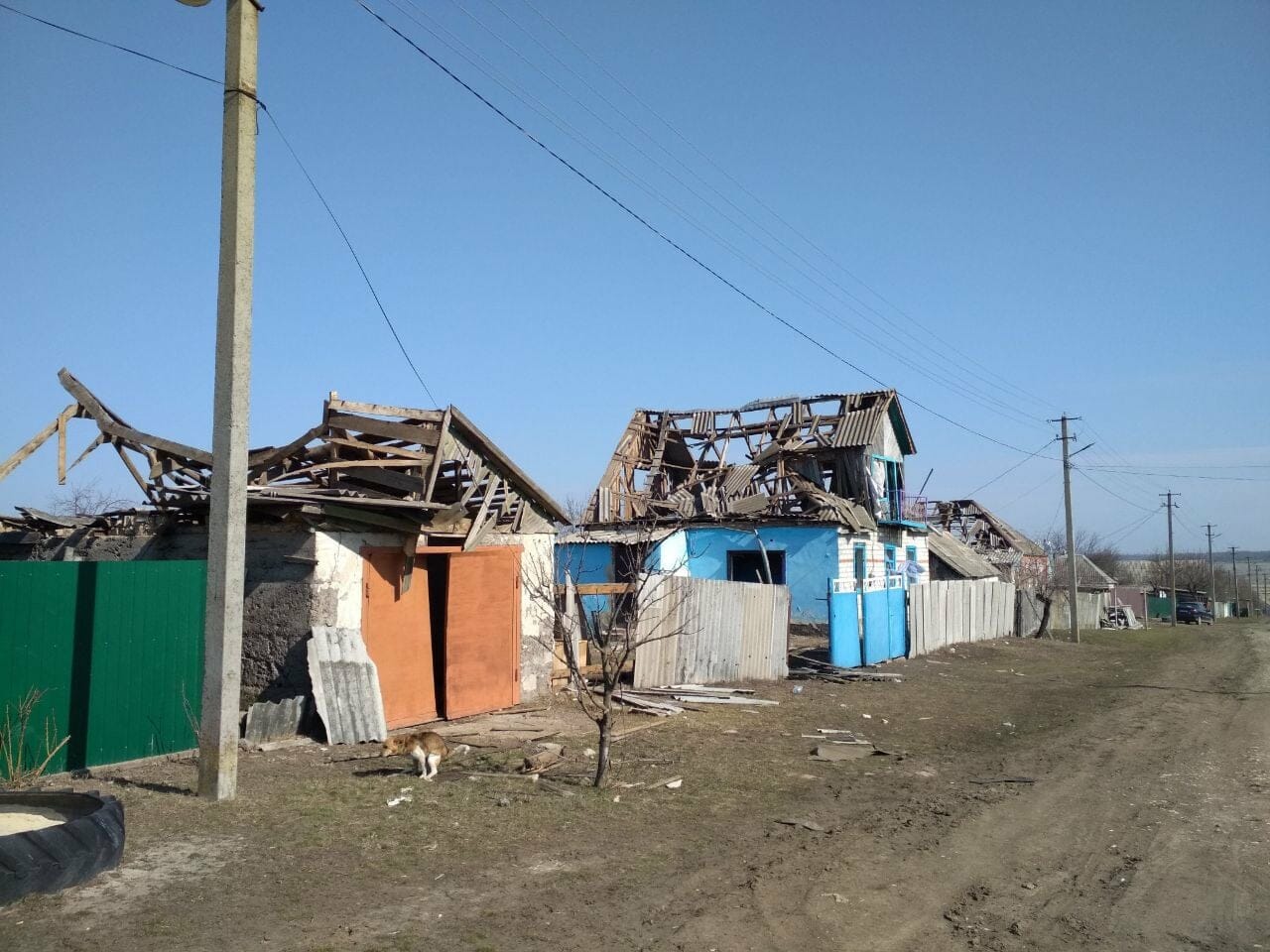
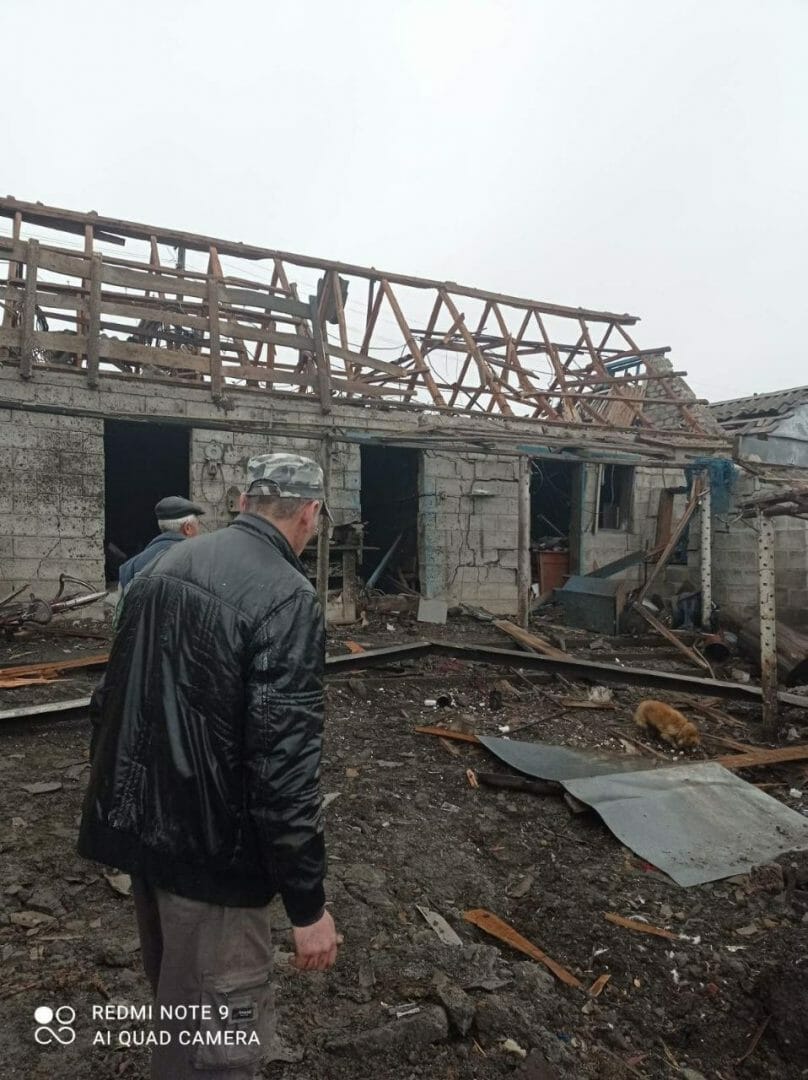
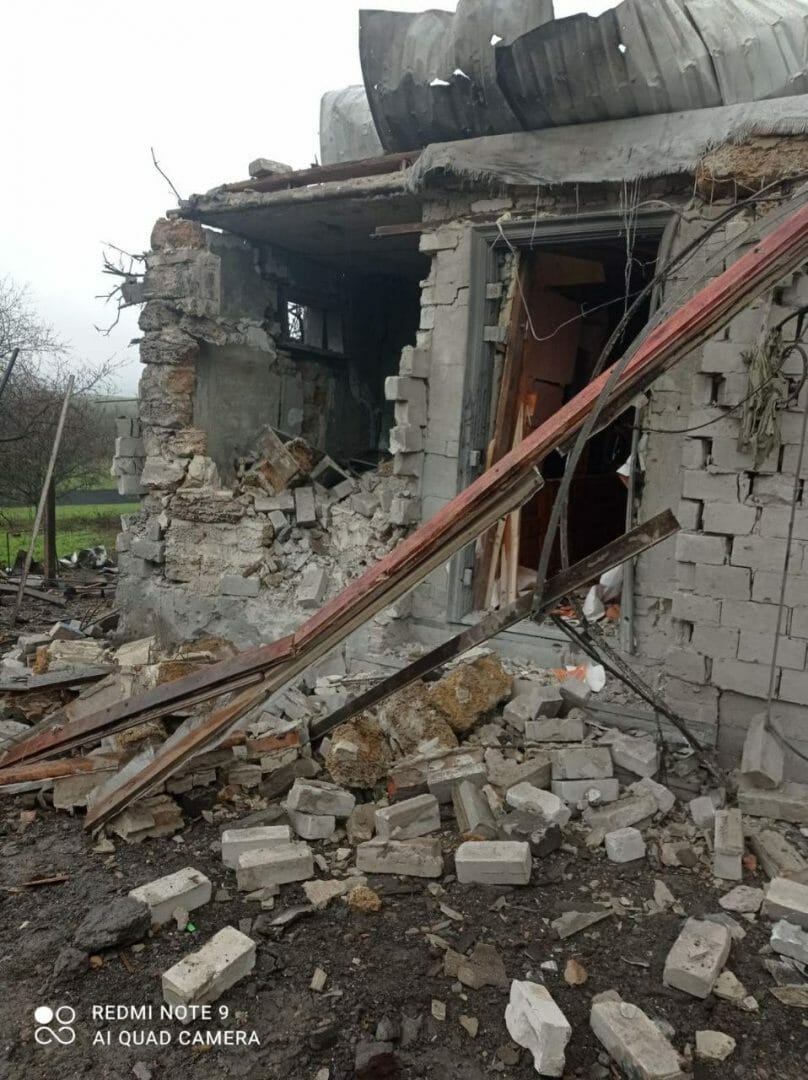
The local council is actively helping the owners of destroyed housing to draw up documents for reimbursement. Also, 12 owners of damaged housing received one-time financial assistance from the local budget.
The community is actively receiving humanitarian aid, which is provided to vulnerable population groups and displaced persons.
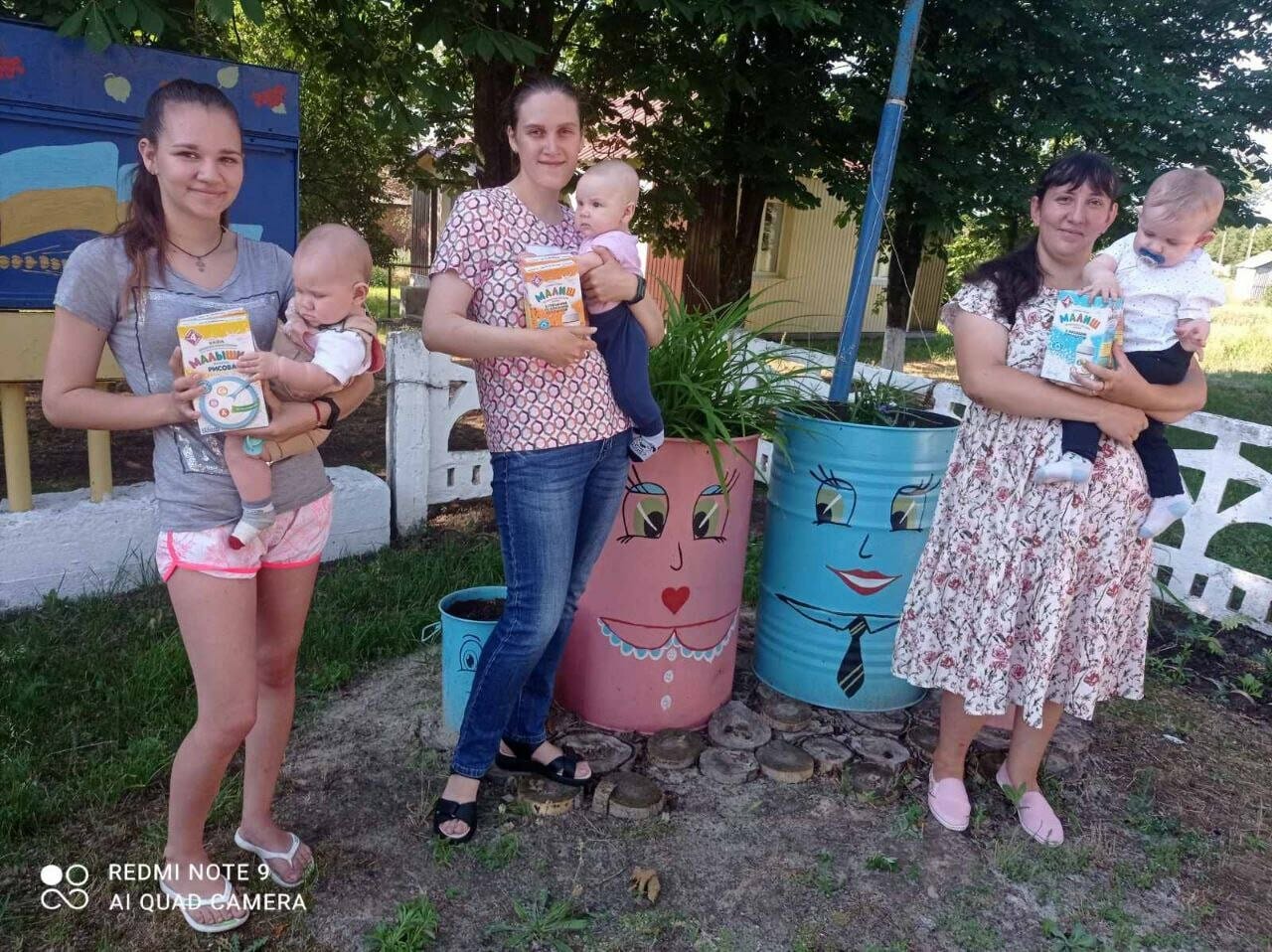
Work with internally displaced persons
The community received a large number of internally displaced persons from hotspots.
Using funds from the state programme, the community has formed a Housing Fund for the temporary residence of internally displaced persons – 1 flat and 3 houses. 30% of the funds for the purchase of social housing were allocated by the community. The purchased housing is community-owned, and families who need housing will stay there as long as they need.

People of the Community
Anatoly Anatoliyovych Strakhov has been the head of the Oleksiivka community since the first day of its unification.
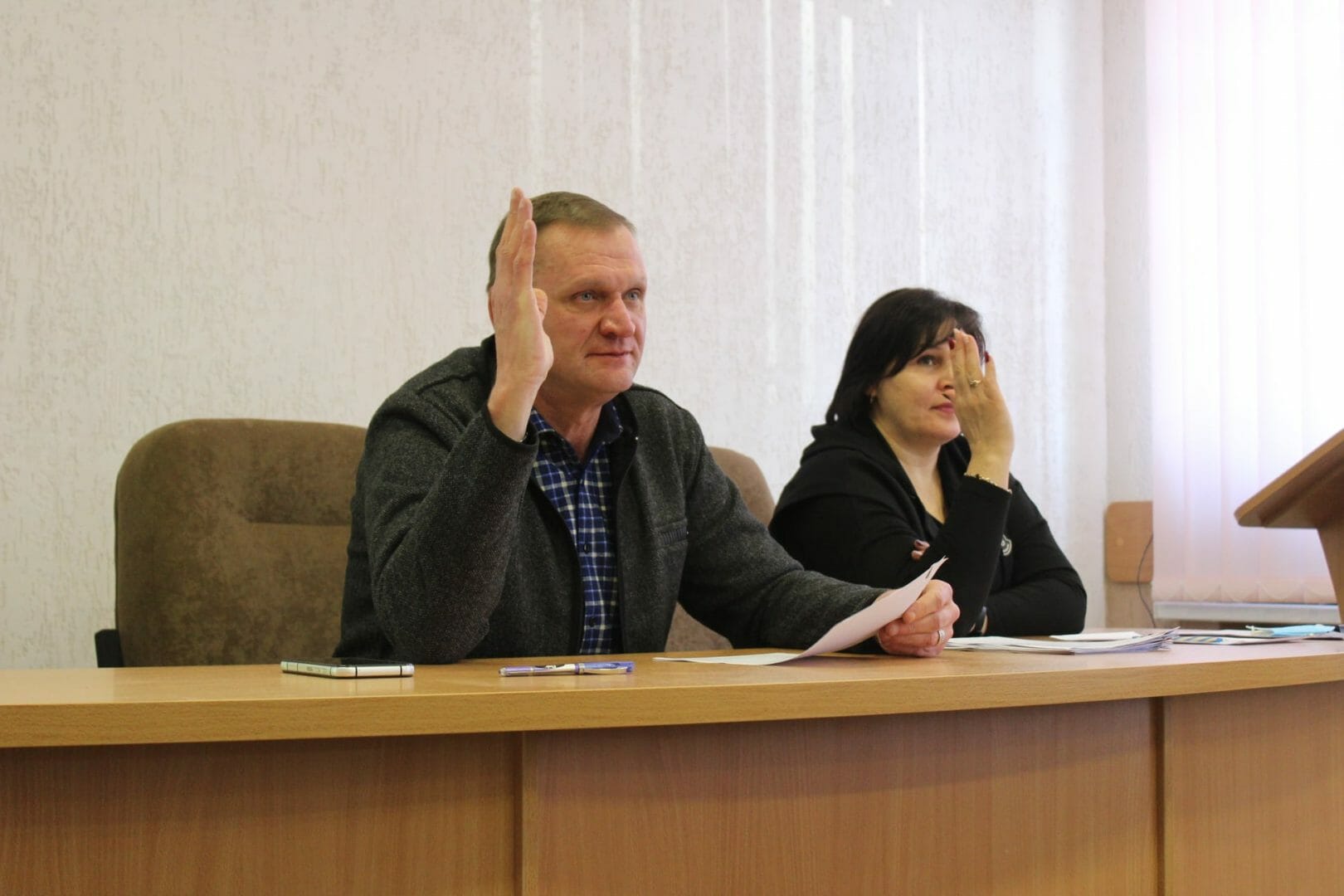
Public utilities enterprises and active residents of the community continued to plant thousands of flowers on the flower beds of the community, maintain order and beautify the area even in the conditions of military operations in the region and shelling of the community
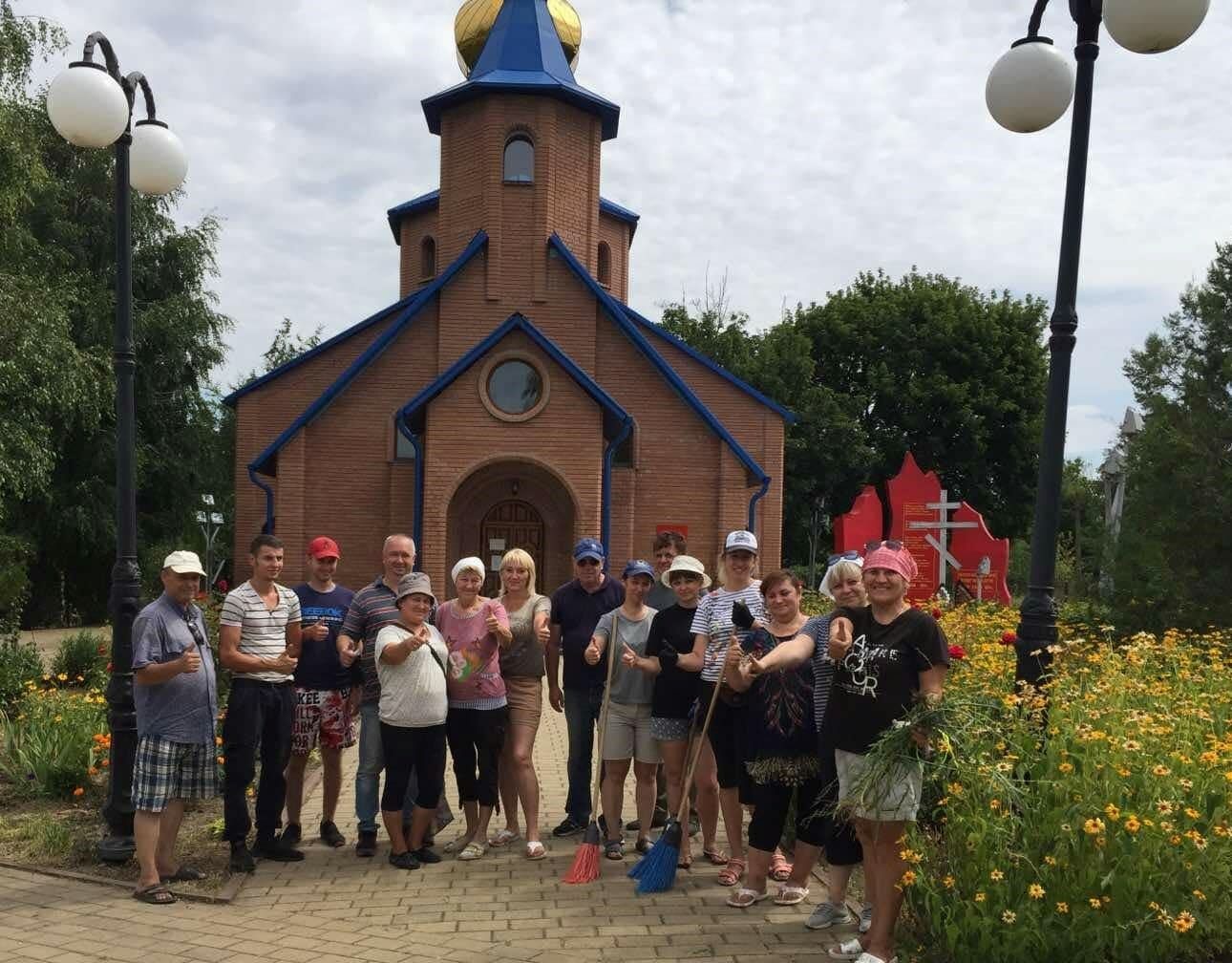
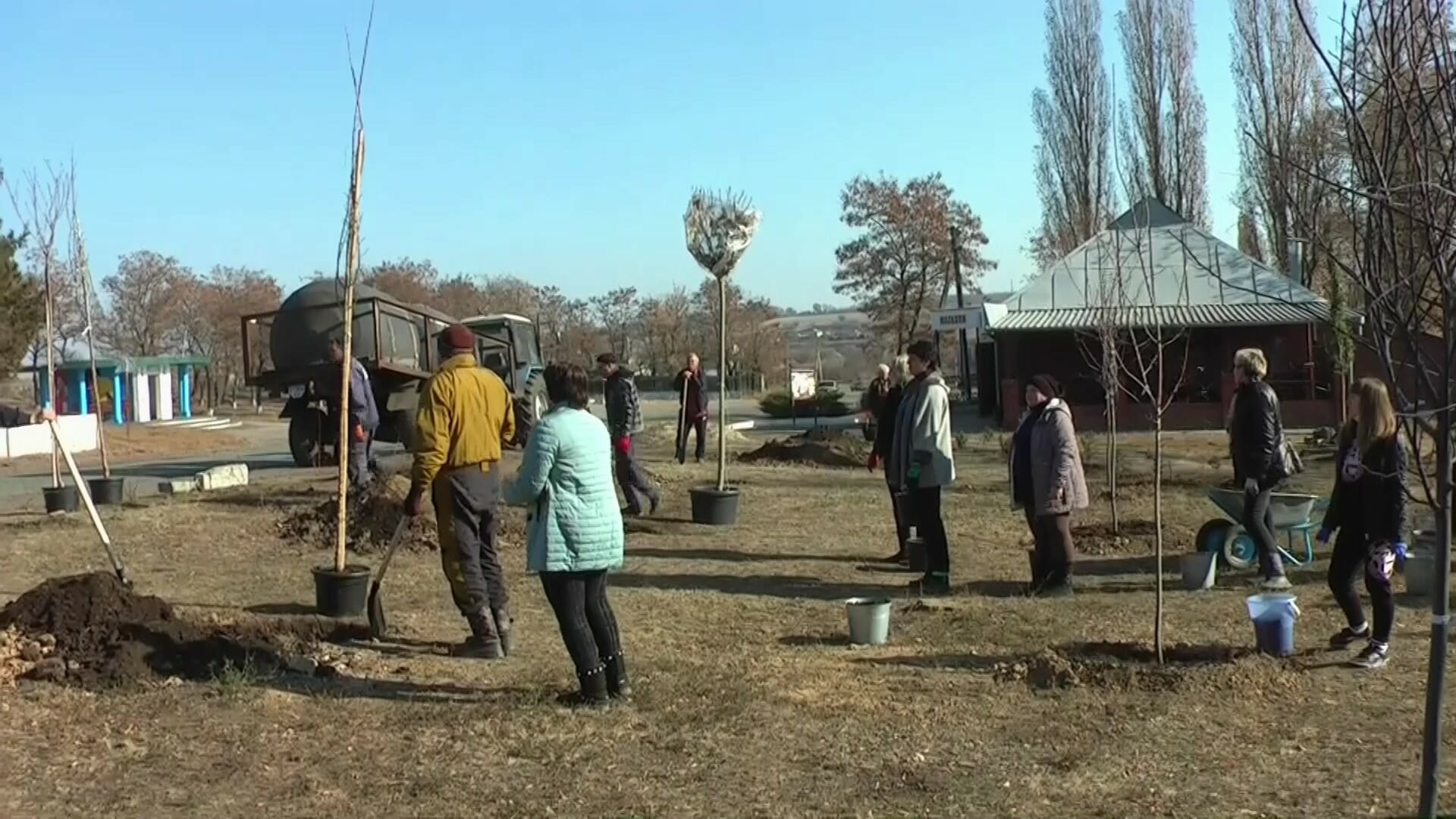
Almost daily, Oleksiivskyi-Agrokomungosp provides on-site repair and reconstruction of the water supply system in populated areas.

Vision of the Future
The priority tasks of the community are as follows:
- arrangement of an inpatient care department for palliative patients on the territory of one of the starosta-headed districts of the community and purchase of a special vehicle with a stairlift for the transportation of persons with disabilities;
- capability enhancement to ensure public order in the community: arrangement of two more precinct police stations and provision of police vehicles;
- replacement of water supply systems in the community;
- construction of children’s and sports grounds in all settlements of the community;
- arrangement of a recreation area in each starosta-headed district;
- housing for internally displaced persons who lost their own housing as a result of Russian aggression.

